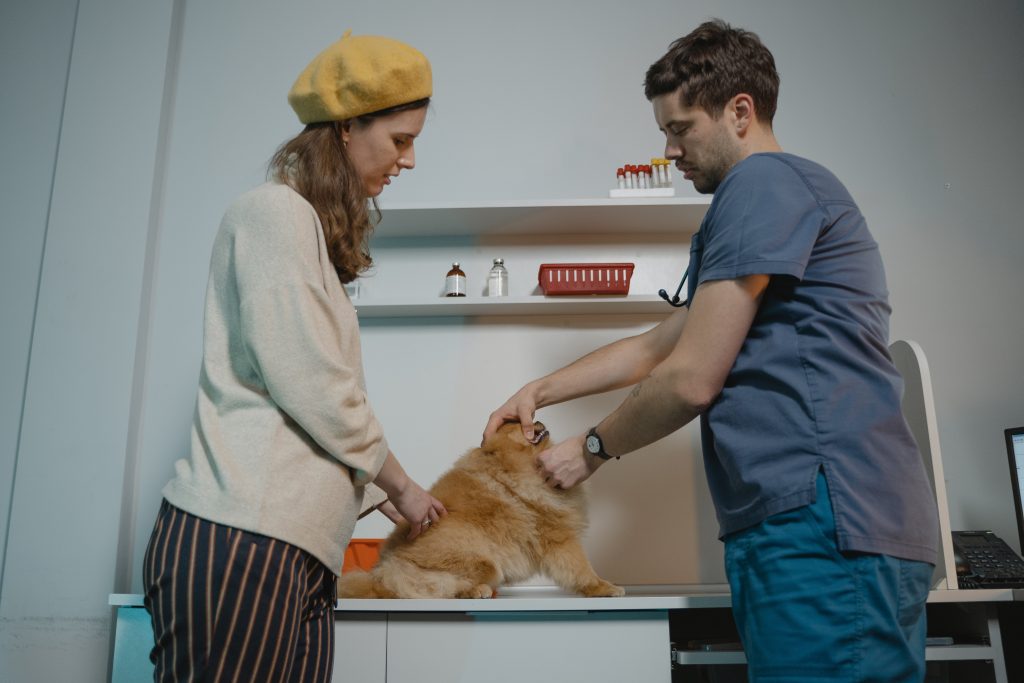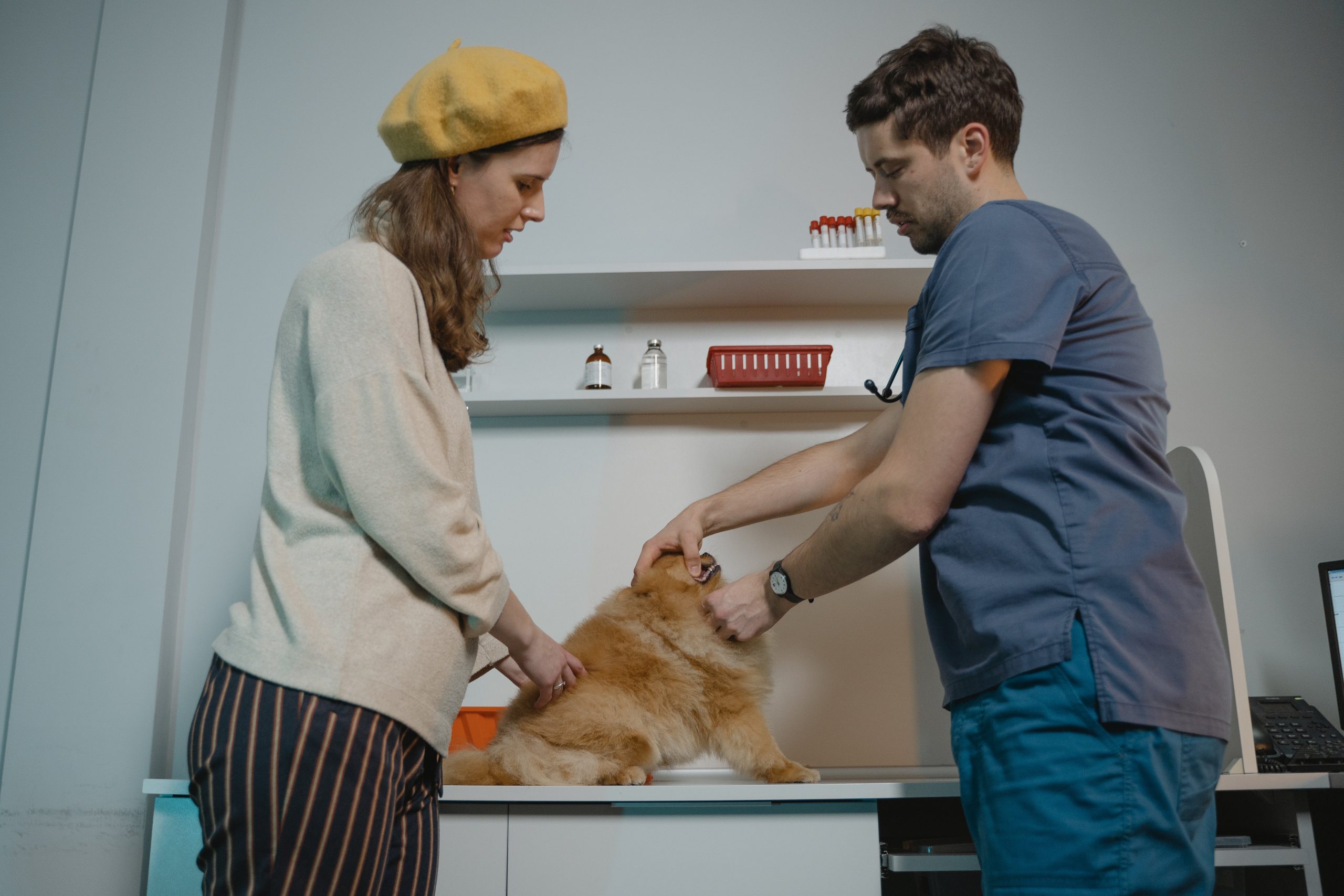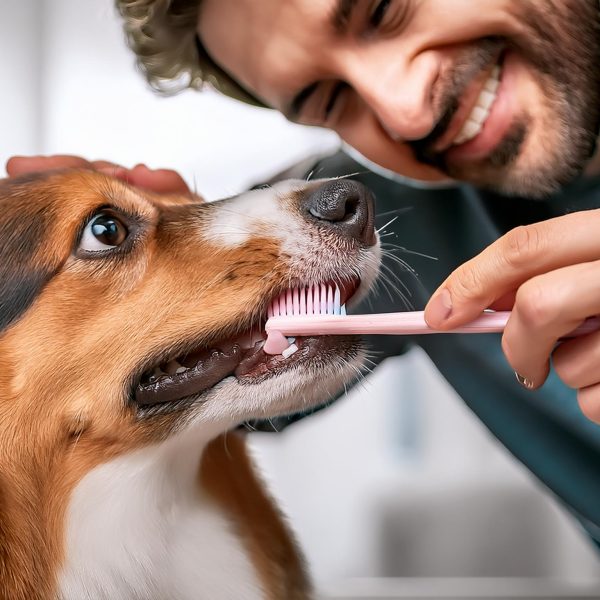Our pets, whether they have fur, feathers, or scales, become cherished members of our families. As responsible owners, it is our duty to prioritize their health and well-being. One essential way to maintain their health is by scheduling regular check-ups with a veterinarian. These routine visits play a crucial role in detecting and addressing health problems before they become more serious. In this guide, we will explore the importance of vet check-ups and how they contribute to ensuring a long and healthy life for our beloved companions.
Recognizing the Value of Regular Vet Check-ups
- Preventive Care: Regular vet check-ups are vital for preventive care in pets. These visits enable veterinarians to evaluate your pet’s health, identify issues early on, and take action to prevent the development of serious conditions. Preventive care encompasses vaccinations, parasite control measures, dental hygiene practices, and nutritional guidance.
- Early Detection of Health Concerns: One of the advantages of vet check-ups is the early detection of health concerns in pets. Many diseases and conditions initially exhibit signs that may go unnoticed by owners. Veterinarians are well-trained to identify warning signs, enabling them to start treatment and prevent the disease from progressing, ultimately improving your pet’s prognosis.
- Customized Vaccination and Preventive Care Plans: During check-ups, veterinarians have the opportunity to develop vaccination and preventive care plans that are tailored to your pet’s unique requirements. Factors such as age, breed, lifestyle, and any pre-existing health conditions are carefully considered to ensure that your pet receives personalized care.
- Assessment of Dental Health: Pets commonly experience issues that can lead to health problems if left untreated. During vet check-ups, veterinarians thoroughly examine your pet’s health for any signs of disease or tartar buildup. They may recommend cleanings and preventive measures to maintain your pet’s well-being.
- Guidance on Nutrition: Proper nutrition is vital for the well-being of your pet. During vet check-ups, veterinarians can evaluate your pet’s diet, provide guidance on nutrition, suggest food choices, portion sizes, and address any dietary needs based on factors such as age, breed, and health conditions.
- Preventing and Controlling Parasites: Parasites, like fleas, ticks, and worms, can seriously affect your pet’s health. It’s important to schedule check-ups with a veterinarian who can assess the risk of parasite infestations and recommend measures. Administering medications and preventive treatments in a timely manner can safeguard your pet from the effects of parasites.
- Behavioral Assessment: Changes in your pet’s behavior might indicate underlying health or emotional issues. During check-ups, veterinarians are trained to observe and evaluate your pet’s behavior. Addressing changes early on helps gain a better understanding of your pet’s well-being and may prevent the development of behavioral problems.
Components of a Comprehensive Veterinary Check-up
- Physical Examination: A thorough physical examination is a part of every check-up. Veterinarians assess your pet’s body condition, weight, coat condition, eyes, ears, nose, teeth, and overall physical health. This examination helps detect any abnormalities or signs of illness.
- Vaccination Updates: If it’s time for your pet to receive vaccinations or booster shots, the veterinary check-up is an opportunity to ensure they are up to date on their immunizations. Vaccinations play a crucial role in safeguarding your pet’s health by preventing the spread of diseases.
- Checking for Parasites: During check-ups, professionals often conduct screenings to identify parasites like intestinal worms, heartworms, fleas, and ticks. This helps detect any infestations and enables timely treatment to prevent them from getting worse.
- Oral Health Care: Dental health is closely examined during visits to the vet. Issues like disease can have impacts on a pet’s overall well-being. The vet may provide recommendations for care, including cleanings or establishing at-home dental care routines.
- Blood Tests and Diagnostic Screening: In the case of senior pets or those with health concerns, veterinarians may suggest blood tests and diagnostic screenings. These tests offer insights into your pet’s health, aiding in the detection of conditions such as kidney disease, diabetes, or hormonal imbalances.
- Discussion about Pet Care and Lifestyle: Vet appointments provide an opportunity for pet owners to discuss their friend’s care, behavior, and lifestyle with the veterinarian. This open conversation allows for information exchange while addressing any concerns or questions the owner might have.
- Evaluation of Nutritional Needs: Assessing your pet’s diet and nutritional requirements is a part of check-ups. Veterinarians can offer advice on food options, feeding schedules, and the use of supplements if necessary.
- Consultation for Behavioral Issues: Understanding your pet’s behavior is crucial, especially when there are changes. Veterinarians can provide insights into problems, give tips for training, or recommend additional consultation if needed.
Establishing a Veterinary Check-up Schedule
- Puppies and Kittens: It is important to take puppies and kittens for vet check-ups every 3-4 weeks until they reach around 16 weeks old. During this stage, vaccinations, deworming, and preventive care play a crucial role.
- Adult Pets (1-7 years): For ongoing well-being, it is recommended to have vet check-ups for adult pets. Routine procedures include vaccinations, dental care, and measures to prevent parasites.
- Senior Pets (7 years and older): Senior pets benefit from having annual vet check-ups to monitor and address age-related health concerns. Regular blood tests and diagnostic screenings become more significant in identifying age-related diseases at an early stage.
- Pets with Chronic Conditions: Pets with conditions may require frequent vet check-ups to effectively manage their health by monitoring closely. The schedule for check-ups can be tailored to meet the needs of your pet.
Overcoming Challenges to Regular Vet Check-ups
- Financial Constraints:
- Consider exploring options for insurance to help manage costs.
- Include expenses in your overall pet care budget.
- Fear or Anxiety in Pets:
- Gradually acclimate your pet to the veterinarian’s environment to alleviate fear and anxiety.
- Use reinforcement techniques, treats, and calming methods during vet visits.
- Busy Schedules:
- Plan and schedule vet appointments in advance to accommodate your busy schedule.
- Check if online or weekend appointments are available at clinics.
- Transportation Challenges:
- Look into services or arrange for transportation if needed.
- Coordinate with neighbors or friends for shared transportation arrangements.
Ultimately, committing to vet check-ups is part of being a responsible pet owner. These appointments go beyond healthcare; they contribute significantly to the overall well-being of your furry companion.








